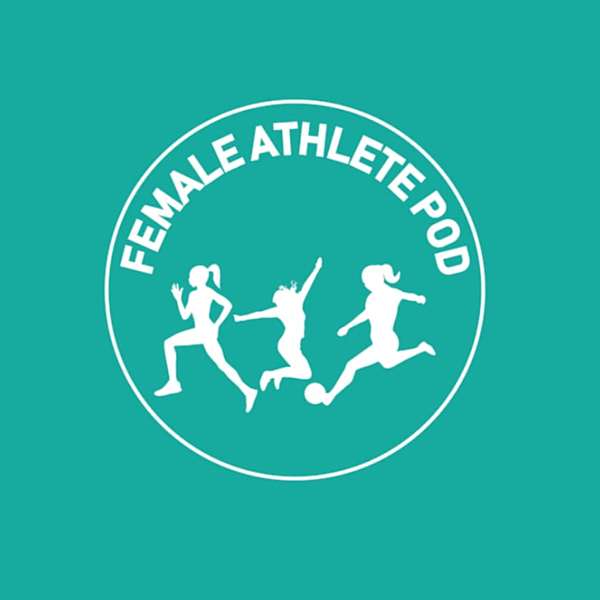
Female Athlete Podcast
Female Athlete Podcast
IRON and the female athlete: Symptoms of iron deficiency, iron in your diet, heavy menstrual bleeding and warnings around needless supplementation
In this episode we speak all about iron metabolism and symptoms of iron deficiency in female athletes, as well as how to include iron naturally in your diet. Plus considerations if you are a heavy menstrual bleeder with our guest Dr Charlie Pedlar (sport and exercise scientist, researcher and Head of Science at Orreco).
Co-hosts Dr Georgie Bruinvels and Dr Jess Piasecki give us her personal experiences of iron supplementation as athletes and we briefly speak about hydrations strategies before and after exercise, especially in hot weather or if you are a heavy sweater!
We also discuss what it's like to be a male practitioner working with female athletes and how to broach the topic of the menstrual cycle with your athletes if you are a male coach.
Finally, we catch up once again with British athletes; triathlete Georgia Taylor-Brown and 400m hurdler Jess Turner around how life and training has been stepped up and adapted once again to fit into the new mould of lockdown restrictions that we are currently undergoing in the UK.
Resources:
Chelsea are crowned 2019/20 WSL champions including FA statement: https://www.chelseafc.com/en/news/2020/06/05/chelsea-fc-women-declared-champions-of-wsl-following-statement-b
RESEARCH STUDIES you can get involved in:
Are you a woman playing/competing in sport at a national/elite level? We're interested in how the COVID-19 pandemic has affected you & it's impact on women's sport:
https://ntupsychology.eu.qualtrics.com/jfe/form/SV_6nULdK8wJBpLbZX
Calling all exercising females! We are doing some research on the possible impact of our new normal, surrounding COVID-19, on our menstrual cycle:
https://ntupsychology.eu.qualtrics.com/jfe/form/SV_37UjxolcAMNIDrf
*Disclaimer: Materials and content in the Female Athlete Podcast are intended as general information only and should not be substituted for medical advice, diagnosis or treatment.